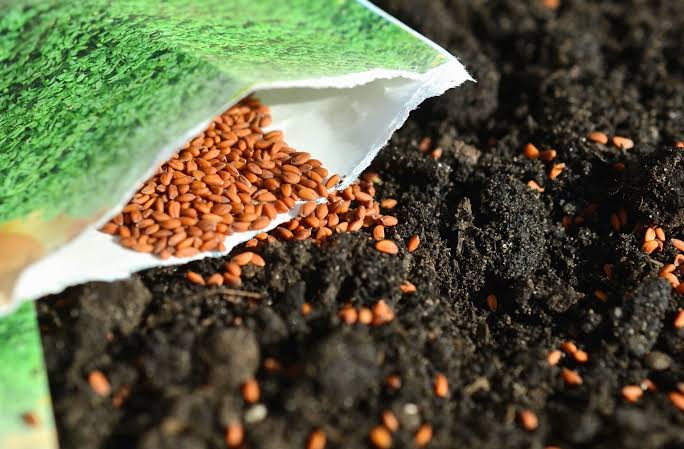The draft of new seeds bill 2019 may revolutionize agricultural in India but it is doubtful of serving in farmers interest. The draft put open for suggestions by the Agricultural and Farmer’s Welfare until November 13. Implementation of the bill is another problem.
Draft bill to Regulate Quality of Seeds
The seeds bill proposes that all types of seeds up for sale, need to be registered. The seeds will have to pass the minimum standard test in order to sold in market. The registered seeds need to uphold the limits of germination, physical and genetic purity as suggested in the bill. To register transgenic seeds one needs to obtain a clearance under the Environment Protection Act, 1986. The label of the seed container should contain some ‘specified information’.
Farmers have been given special consideration in this regard. They need not register to sow, exchange or sell their seeds and planting material. Farmers do not need to pass the minimum standard test as suggested in the bill. But the bill does not allow farmers to sell their product under a brand name.
Regulation is Difficult without Price Control
The bill does not provide provision for regulating the price of seeds. Alliance for Sustainable and Holistic Agriculture (ASHA) pointed out the issue in a letter written to the Agricultural Ministry. In addition to ensure quality of seeds government needs to control seed prices to protect farmers in India.
The parliamentary committee also raised concern over the issue. They pointed out the important factors for regulation of seeds price control. Further they stressed on the business profit opportunity in seeds. It should be rather treated like an ‘Essential Commodity’ than a profit making commodity.
Compensation not Included in the Bill
The new draft bill has gained criticisms as it does not include the compensation provision in the bill, which was present in the previous one (Seed bill of 2010). Current provision states that a committee decides on the compensation given to farmers for inferior quality of seeds. If the seeds bought from companies do not yield the promised results under given conditions.
New bill removes this provision, it states that farmers can claim compensation from the seller under the Consumer Protection Act 1986. Farmers will have to go through rigorous process of paper work in order to claim compensation under the Consumer Protection Act, like any other consumer. This will add on to their already existing problems. The Parliamentary Standing Committee has therefore suggested that the bill should itself include the provision to provide compensation.
Agricultural experts also believe that the is increases the burden of over regulation in agricultural sectors. The process of clearing the seeds for registration and reducing the transaction cost is one of the major hindrance in implementation of the bills.

